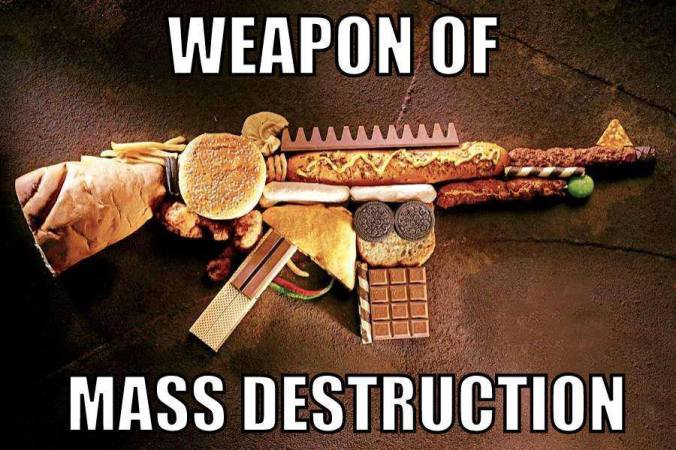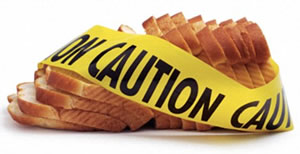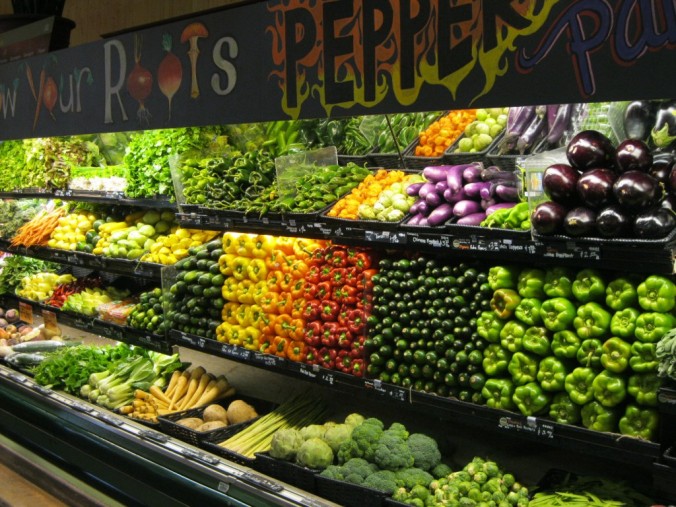So I’m coming to the end of Starch March and I’ve realised that I don’t really know that much about what starch actually is.
What I do know is that lots of people use starch in cooking for everything from helping to thicken gravies, soups and pie fillings to using it in cookies and dusting pastry before cooking. Starch helps prevent bread getting too tough, makes cakes and cookies tender and is excellent at thickening a gravy when mixed with a little water.
Beyond that I don’t really understand much else so today’s post is going to be a little bit of a background (after a lot of researching) explaining what exactly starch is, why low carb dieters hate them, and if there is such a thing as a good starch.
What is starch
Starch or amylum is a carbohydrate consisting of a large number of glucose units joined by glycosidic bonds. This polysaccharide is produced by most green plants as an energy store.
My first reaction was a giant pause followed by “what??”
Firstly it’s a carb. So that means it must be bad right? Well maybe not!
There are so many diets that tell you all the reasons why you shouldnt eat carbs and I quickly realised that exactly what makes up a carb isn’t the interesting bit, it’s the reaction that it has in your body that drives the love/hate relationship we have.

Carbohydrates generally are a biological molecule which is made up of carbon, hydrogen and oxygen. High levels of carbohydrate are often associated with highly processed foods or refined foods made from plants, including all the delicious treats we love like cookies, pasta, sugar and breads. But there is also carbs (granted, at a lower level) in unrefined foods like beans, rice and fruit.
So what is the difference between starches and carbohydrates?
Well starches are one of the three main types of carbs and are described as complex carbohydrates. These are slightly different to other simple sugars (simple carbs) because of the way that they are made up.
How do we break them down
When our body breaks down carbs, we turn them into sugar, or glucose. When then use that, not only for immediate energy, but also for future use, which is when we store it. Because our brains function best on glucose there are benefits to eating these sorts of foods as part of our everyday diet.
You might be starting to see that there are benefits in eating carbs. Eating a diet rich in carbohydrates doesn’t necessary cause weight gain, but there are different types of carbs and eating too much of the wrong ones can.
Simple and complex carbohydrates
Carbs are made up of basic units called sugar molecules, or a simple sugars. When you join these together they form long chains, and you create what is called a complex carbohydrate or starches. The dense combination of these long chains, makes it easy for your body to store energy for later use. So if you eat lots of complex carbohydrates then it is easier for your body to store these for energy later.
Don’t panic! – It’s not all bad news
What this all ends up meaning is that complex carb’s are slower to break down than simple carbohydrates, such as sugar and juice, providing longer-lasting energy and fullness between meals. And there are plenty of healthy options out there for you such as beans, lentils, vegetables like potatoes and butternut squash, and grains like rice and flour.
Foods high in starch include legumes, such as beans and lentils, vegetables, such as potatoes and butternut squash, and grains, such as rice and flour. As well as containing carbohydrates whole foods containing starch, including vegetables, legumes and whole grains, are great sources of fiber, vitamins, minerals and antioxidants.
So is this good or bad?
The short answer is both. There are plenty of good carb options out there and very few people recommend cutting entire food groups from your diet. My plan is to avoid the refined carbs as much possible and to look for whole foods. But again, everything in moderation.


Pingback: In Summary – Starch March | Cheese on Top